EU Eyes Tariffs on US Aircraft and Cars in Latest Trade Dispute Move
Brussels' new tariff list could impact Boeing and other key US exports as it prepares legal action over Trump’s sweeping 20% tariffs.
The European Union is preparing to impose new tariffs on US aircraft and automobile exports in an escalating trade row with Washington, targeting major American industries in response to ongoing tariff threats from former President Donald Trump.
The proposed EU measures could deal a significant blow to Boeing, alongside a range of other American exports including chemicals, electronics such as cameras and screens, healthcare goods, and food products like sweet potatoes and nuts.
Brussels has also launched a formal consultation with its member states to assess the viability of legal action against the US, following Trump’s announcement last month of a blanket 20% tariff on all EU imports.
While the EU braces for a possible prolonged transatlantic trade standoff, the US appears to be adjusting its global trade strategy. Trump is reportedly nearing a tariff agreement with the UK, and his administration is softening its stance toward China. High-level talks between US and Chinese officials, including Treasury Secretary Scott Bessent and Trade Representative Jamieson Greer, are set to take place in Switzerland this weekend, with China’s Vice-Premier He Lifeng.
The EU’s updated list of potential tariffs is part of its contingency planning for a scenario where US tariffs remain in place past Trump’s July deadline for trade deals. European Commission President Ursula von der Leyen emphasized the EU’s willingness to strike mutually beneficial agreements, while also preparing for “all possibilities.”
This latest move by the EU follows closely after European Trade Commissioner Maroš Šefčovič warned that the bloc would not accept an unfair deal and must be ready for every outcome if talks falter.
These potential tariffs add to a previously announced €21 billion package—currently on hold—which included levies on iconic American goods like Harley-Davidson motorcycles, poultry, and clothing.
Aerospace giant Boeing is especially vulnerable, given that EU airlines and leasing firms, such as Ireland-based Aercap, purchased approximately €10.5 billion worth of US aircraft in 2024. Ireland’s Ryanair, with $30 billion in Boeing orders through 2034, has already signaled it may cancel purchases and turn to alternatives like China’s COMAC. If enacted, tariffs would apply on aircraft delivery, affecting even prior orders.
EU officials stressed that their response isn’t aimed at direct tit-for-tat measures for Trump’s steel, aluminium, and auto tariffs, but rather a strategic effort to protect European interests. Services such as US tech and social media platforms—like Microsoft and Meta—could also be included in future retaliation.
A public consultation on the proposed tariffs runs until June 10, with decisions on the final scope and rate expected by early July—just before the end of Trump’s 90-day pause on the reciprocal tariff policy.
Rather than mirror US measures, Brussels aims to implement “smart tariffs” that hit politically sensitive sectors, often concentrated in Republican strongholds, such as bourbon and other culturally American exports.
US exports of cars and car parts to the EU totaled €12.5 billion in 2024, with machinery at €12 billion. Additional targets on Thursday’s list include €7.2 billion in electronics and €6.4 billion in agrifood products.
As one EU official put it: “We don’t need to match dollar for dollar. You can take the same amount of water from a shallow lake or a deep one—it’s about how you scoop it.”




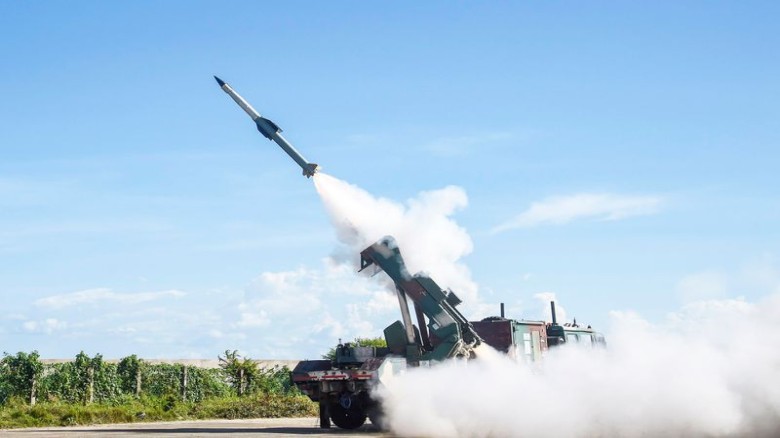

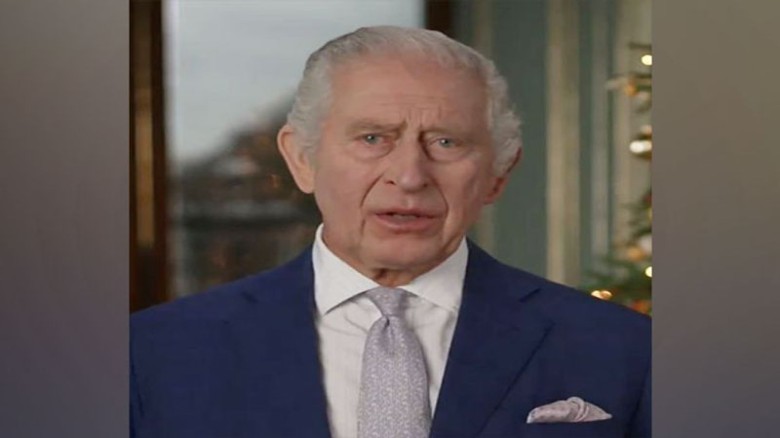

















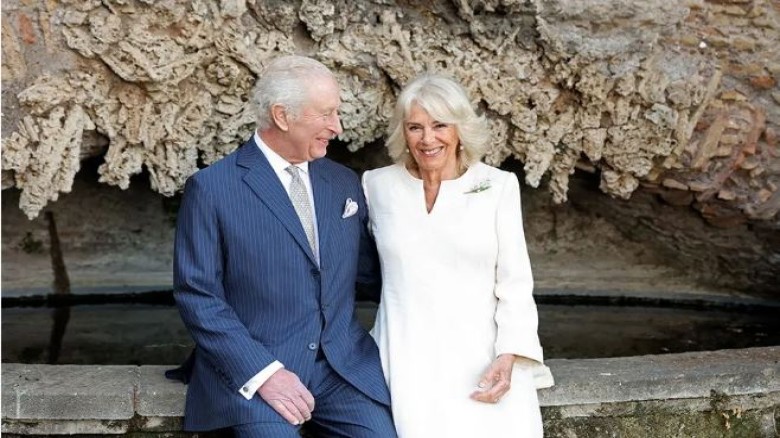











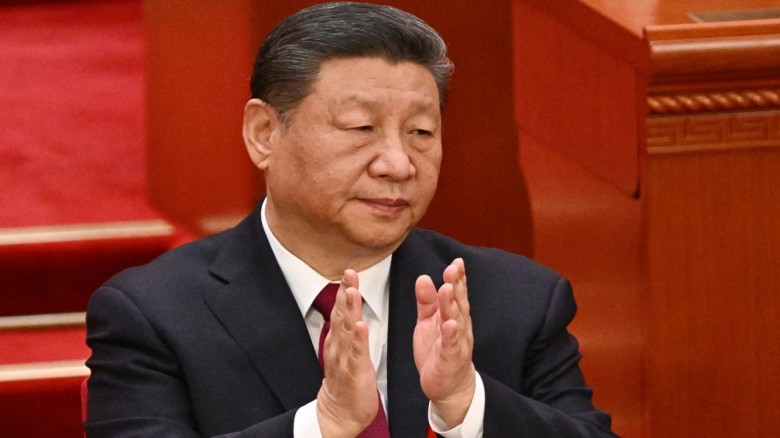

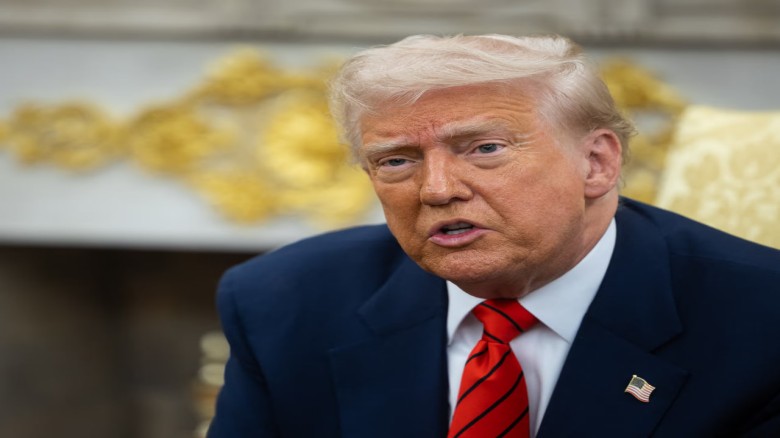






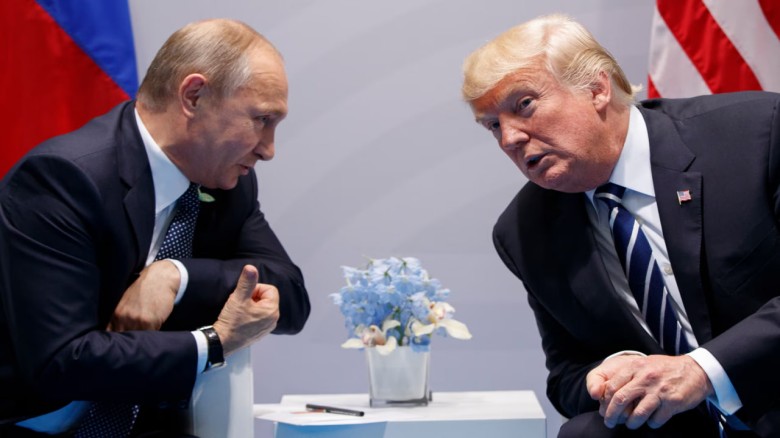


























Leave A Comment